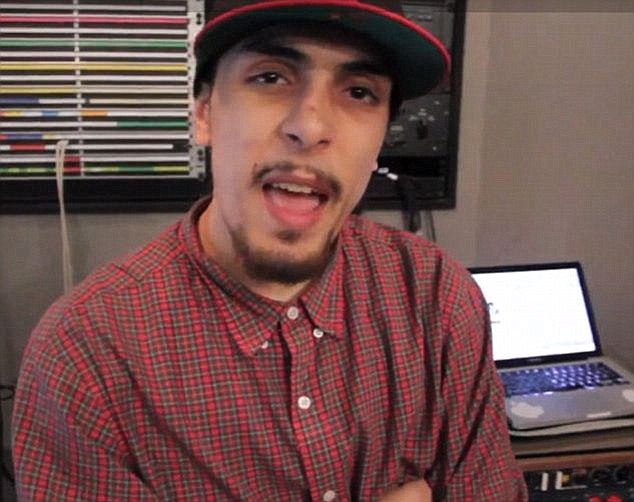Cameron says Britain needs more drones, special forces to fight IS threat
Chancellor of the Exchequer George Osborne announced in last week’s budget that United Kingdom spending on defense will equal the North Atlantic Treaty Organisation target of 2 percent of gross domestic product through the end of the decade.
“As prime minister, I will always put the national security of our country first”.
Just a handful of North Atlantic Treaty Organisation nations meet the alliance’s 2 per cent target, and Britain’s announcement that it would do so until 2020 was welcomed by US.
“It has only been possible because of the hard decisions we have made to ensure a strong and secure economy”.
That process now appears to have been turned on its head, with Mr Cameron arguing in his latest remarks that, “now we know how much we will spend, what matters next is how we spend it”.
The prime minister asked them to devise new ways to counter Islamic State and other Islamist groups as part of a major review of defence and security due to conclude in the autumn.
He has signalled he wants the chief priorities in the review to be protecting the United Kingdom from evolving threats: predominantly terrorism, extremism and an increasingly aggressive Russian Federation. “This could include more spy planes, drones and special forces”. “In the last five years, I have seen just how vital these assets are in keeping us safe”, he added.
It will also examine how Britain’s navy could use the HMS Queen Elizabeth aircraft carrier to launch drones and special forces, working with partners such as the United States.
Cameron is scheduled to visit the RAF Waddington, the UK’s drone base in Lincolnshire, which co-ordinates flights of unmanned aircraft over Iraq and Syria.
The Conservative government is now trying to get MPs to back its move to extend the RAF’s air campaign to include strikes against Isis targets in Syria.
Cameron has also reportedly indicated that he will be asking acting leader of the opposition Labour Party, Harriet Harman, and shadow defense secretary Vernon Coaker to attend a meeting of the National Security Council in order to be briefed about the situation in Syria.








